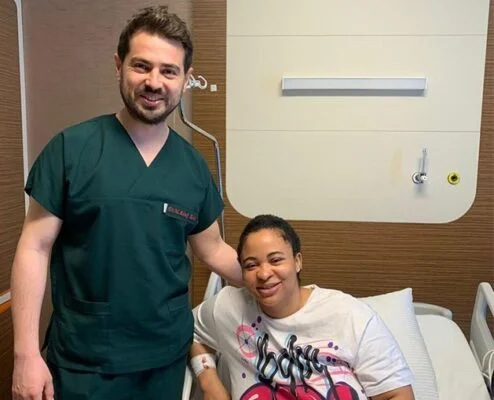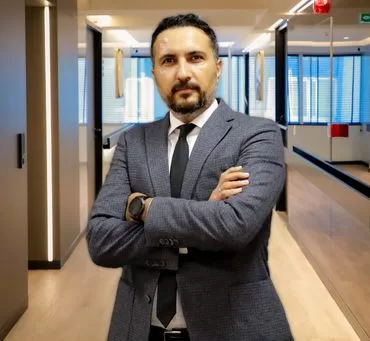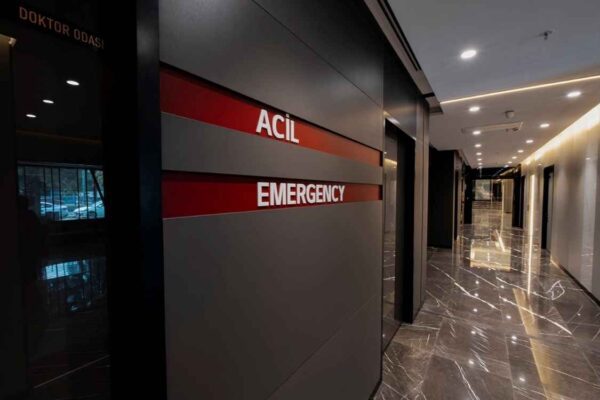The pervasive issue of obesity plagues our global community, and Gastric Bypass, or Roux-en-Y gastric bypass (RYGB), has surfaced as a potent remedy for extreme corpulence. This procedure involves stomach reduction and small intestine rerouting, bypassing the majority of the stomach and duodenum, thereby significantly diminishing food intake and absorption capabilities.
What is Gastric Bypass?
As a subset of bariatric surgery, Gastric Bypass targets excessive adiposity and concomitant health afflictions such as type 2 diabetes, hypertension, and nocturnal respiratory obstruction. The operation entails fabricating a diminutive stomach reservoir by fastening the stomach’s upper segment and linking it to the small intestine. Consequently, food intake and absorption are substantially curtailed, instigating weight reduction.
How is Gastric Bypass Performed?
Administered under general anesthesia, the Gastric Bypass typically requires two to three hours for completion. The process unfolds in two phases:
- Phase 1: Stomach Reservoir Fabrication
The patient is rendered insensate and unconscious via general anesthesia, negating pain perception during the operation.
Utilizing a stapling instrument, the surgeon partitions the stomach’s upper segment to create a small reservoir, akin to a walnut in size and capable of accommodating merely one ounce of sustenance.
The residual stomach portion is sealed and rendered inactive, limiting food consumption and absorption.
- Phase 2: Small Intestine Bypass
The surgeon severs the small intestine below the stomach, connecting it to the freshly constructed stomach reservoir, generating a Y-shaped conformation. This facilitates bypassing the majority of the stomach and duodenum, where substantial nutrient and caloric absorption occurs.
The redirected small intestine is reattached to the lower segment, allowing digestive fluids to amalgamate with nourishment.
This intestinal rerouting ensures that aliment and digestive secretions commingle deeper within the digestive conduit, minimizing caloric and nutrient absorption.
Lastly, the bypassed small intestine portion is reconnected to the lower segment, permitting digestive secretions from the liver, pancreas, and stomach to integrate with sustenance further along the digestive tract.
The incision is sealed with staples, concluding the procedure.
Postoperative care mandates adherence to a rigorous dietary and physical activity regimen to optimize weight reduction and preserve the achieved results. Periodic consultations with healthcare practitioners are imperative to track progress and address potential complications.
What should be considered after Gastric Bypass?
After undergoing gastric bypass surgery, there are several important considerations for a successful recovery and long-term results. Here are some key points to keep in mind:
- Follow the post-operative instructions provided by your surgeon meticulously. This may include dietary guidelines, medication usage, and activity restrictions.
- Adhere to a specialized diet plan recommended by your healthcare team. This typically involves consuming small, frequent meals that are high in protein and low in fat and sugar.
- Stay hydrated by drinking enough fluids throughout the day, but avoid drinking with meals to prevent discomfort.
- Engage in regular physical activity as advised by your healthcare provider to support weight loss and overall health.
- Take any prescribed vitamins and supplements to prevent nutritional deficiencies.
- Attend follow-up appointments to monitor your progress, receive support, and address any concerns.
- Be mindful of potential complications, such as dumping syndrome or vitamin deficiencies, and report any symptoms to your healthcare team.
- Seek support from a registered dietitian or support group to navigate dietary changes and make healthy lifestyle choices.
- Embrace a gradual and sustainable weight loss approach, understanding that the process takes time.
- Maintain open and ongoing communication with your healthcare team for guidance, monitoring, and long-term support.
FAQs
Gastric bypass surgery payment plans in Turkey typically offer multiple options. Credit cards are commonly accepted, allowing patients to pay in installments. Bank transfers are also accepted, providing a convenient and secure way to transfer funds. Additionally, cash payments are often accepted, giving patients the flexibility to choose their preferred method of payment.
No, gastric bypass surgery does not typically come under insurance coverage. It is often considered an elective procedure for weight loss rather than a medical necessity. However, it’s important to check with your specific insurance provider to understand their coverage policies and any potential exceptions.
Gastric bypass surgery in Turkey is often cheaper due to a combination of factors. These include lower labor and operational costs, a favorable exchange rate, and intense competition among medical facilities. Additionally, government incentives and subsidized healthcare contribute to reduced prices, making Turkey an affordable destination for medical tourism.
No, financing options for gastric bypass surgery are typically not available. Medical procedures like gastric bypass are considered elective and not covered by most insurance plans. Patients are responsible for the cost of the surgery and associated expenses. It’s advisable to consult with healthcare providers or insurance companies for further information.
There is typically no strict age limit for gastric bypass surgery in Turkey. However, candidacy for the procedure is evaluated on a case-by-case basis, considering factors such as overall health, body mass index (BMI), and underlying medical conditions. It is important to consult with a qualified surgeon to determine eligibility for the surgery.
The percentage chance of complications or adverse events in gastric bypass surgery can vary depending on various factors such as the patient’s overall health, surgeon’s expertise, and individual circumstances. Generally, the risk of serious complications ranges from 1-5%, but it’s crucial to consult with a healthcare professional for a personalized assessment.
While gastric bypass surgery can be an effective treatment for obesity, there are potential risks and complications. These can include infection, blood clots, leaks at surgical sites, nutritional deficiencies, dumping syndrome, and gallstones. It is important to discuss these potential issues with your doctor and make an informed decision.
Gastric Bypass Before – After
Our Team
Our Hospital
Atilla, Halide Edip Adıvar St.
No:57, 35270 Konak/İzmir





































